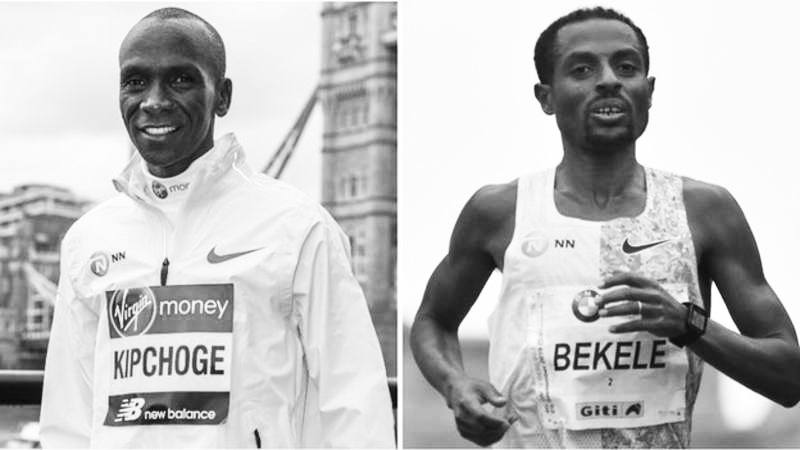
Following its role of being capital city and center of diplomatic missions and international organizations Addis Ababa is getting crowded with increasing number of residents from time to time. Because of this, many places which have been sport arenas are changed to different development areas like housing. This leads the youths to spend their time in bad areas and the city loses its name, ‘center of sport.’ However, Addis Ababa Sport Commission, working with stakeholders, has taken various measures to resume her first status especially in mass sport.
Addis Ababa City Administration Sport Commission Commissioner, Yonas Aregaye, told The Ethiopian Herald that among the four fundamental types of sport stated in Ethiopian sport policy; Mass sport is the leading followed by sport arenas, teenage groups, and competition. However, the country has stayed depending on competition during the past many years.
Competition is the fourth type in which people show their ability to concerned bodies that enables them become fit only for competition periods. This remained serious challenge for long time that hinders the realization of sport development as it is expected.
According to the Commissioner, mass sport plays significant role for the sport’s development via participating the public including children. It is also important to select the talented and gifted ones depending on their practice due to observation starting from grass root level. In addition, it enables creating healthy and productive citizens in line with strengthening social interaction.
After taking many actions on developing mass sport in Ethiopia during the past six months, number of participants has increased from 20,000 to 200,000 which is record in African. As part of this, mass sport has been started in Bahir Dar, Dessie, Mekele, Wollega, and Jimma cities of Amhara, Tigray and Oromia states.
Sport families’ advice to Ethiopia is that it needs to allocate her investment on children starting from the grass root level in order to create competitive citizens and assure sustainable sport development. As a result, it plays pivotal role in protecting sport gentility thereby avoiding spectators’ violence that would result in bloodshed and loss of life.
According to Ethiopian sport policy, it is the right of citizens to enjoy with sport in their surrounding such as living area, work place, and school. In this regard, 77 academicians are ready to start this mass sport in Addis Ababa practicing exercise early in the morning before starting their regular education. As part of this, 22 districts out of the total 117distractions in the city are on the track of doing mass sport. Although it is appreciable, it does not mean that it is adequate by itself while many more activities remain to be done.
Countries like Denmark and Sweden are best examples in utilizing mass sport properly and with their best record in the world. Their experience is initiating to act accordingly in Ethiopia.
Currently, Addis Ababa city has about 66 conventional stadiums in which 33 of them are licensed to perform mass sport. Among these, Abebe Bikela Stadium is being renewed by 105 million Birr and accomplished 95 percent. Similarly, renewal of Akaki stadium is accomplished 70 percent with total cost of 500,000,000 Birr, according to the Commissioner.
On the other hand, the nation is allocating two billion Birr budget for the football sector each year. It shows that government has given due attention to expanding and protecting sport arenas. As part of this, Ras Hailu swimming pool is finalized more than 90 percent here in the capital which had ceased service provision 40 years ago.
As to the Commissioner, online registration has been started for the first time here in the capital to ease fatigue of sport viewers and protecting the stadiums’ gates from crowdedness.
Mass sport, at the moment, is taking place once a month but that is not enough. In Ethiopia, number of citizens who participate in sport has increased from 5 to 9 percent during the past few years. However, it is the least of the world. Aiming to increase the participants, the Commission has made agreements with higher academic institution to conduct research that provide inputs to establish Ethiopian sport institution in the near future. It is also communicating with private investors to hold children through embracing projects.
Initiating societies and private investors, giving priority to professionals and the like play indispensable role for universal development of mass sport in Ethiopia, Yonas advised.
The Ethiopian Herald December3, 2019
BY MESERET BEHAILU


